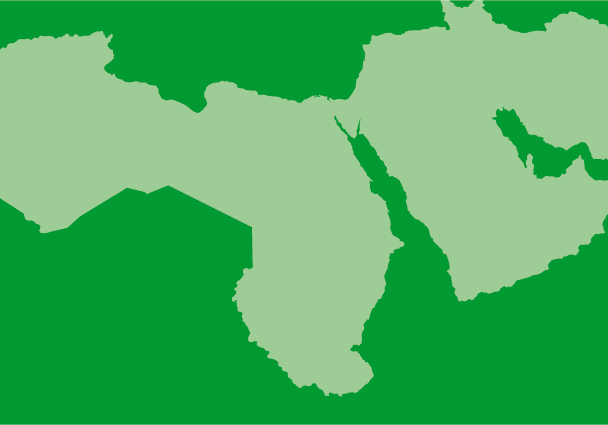The ICJ today criticized the way the trial was conducted against two leaders of the Islamic Salvation Front (FIS) in Algeria.
The ICJ cited two major flaws in the proceedings – the trial took place before a military tribunal rather than an ordinary criminal court and it was conducted behind closed doors, contrary to both Algerian and international law.
Abassi Madani and Ali Belhadj were sentenced Wednesday to 12 years in prison by the military tribunal in Blida. They had faced a possible death penalty.
They can petition the Algerian Supreme Court to review the legal grounds for the military trial within eight days of the sentencing.
The defendants and their lawyers had boycotted the proceedings, claiming that their rights had been violated. According to the defence lawyers, retroactive legislation was used to justify taking legal action against the leaders although FIS was a recognized political party, and the accused and their lawyers were denied access to the indictment sheet and other relevant documents in the prosecution file.
The ICJ was denied entry to Algeria to observe the trial, the first time a country has not allowed the Commission to monitor proceedings. Thus, the ICJ is unable to examine the validity of the defence claims.
“We recognize that Algeria is going through a very difficult time,” ICJ Secretary-General Adama Dieng said. “But the fairness of a judicial procedure is a basic right, not a luxury. Although we object to any form of fundamentalism, we firmly uphold every person’s right to fair proceedings.”
The International Commission of Jurists (ICJ), headquartered in Geneva, is a non-governmental organization in consultative status with the United Nations Economic and Social Council, UNESCO, the Council of Europe and the OAU. Founded in 1952, its task is to defend the Rule of Law throughout the world and to work towards the full observance of the provisions in the Universal Declaration of Human Rights. The ICJ has been a driving force behind the adoption of numerous international declarations and standards including the UN Basic Principles on the Role of Lawyers, the UN Basic Principles on the Independence of the Judiciary, the European Convention Against Torture and the African Charter of Human and Peoples’ Rights. It is composed of 31 distinguished jurists from around the globe and has 75 national sections and affiliated organizations.




